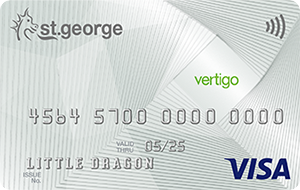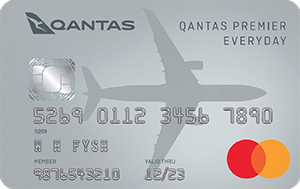
Hi, I’m a personal finance expert who loves to help you out! I’ll answer your question within a business day. Pinky swear.

You have a few tricks up your sleeve if you’re struggling with credit card debt. A balance transfer is one option, or you can consider freezing your account for a breather from racking up interest, so you can set up a payment plan without added stress.
But because this is a significant departure from your standard credit card’s terms and conditions, account freezing is an option often reserved for people who are dealing with serious financial hardship.
Although the degree of difficulty in paying off debts is subjective to some extent, “financial hardship” is usually acknowledged when you have or will have trouble making payments due to illness, unemployment or another “reasonable cause”.
These are very broad terms, so the options available when you are experiencing financial hardship vary from lender to lender.
But even if you are experiencing financial hardship, freezing your account may not be something that is suggested by your issuer.
As the NSW Consumer Credit Legal Centre explains, the lender has no obligation to freeze your account:
“This is not one of the changes covered by the Hardship Variation right created under the credit law…Despite this, lenders sometimes agree to reduce or freeze interest on loan accounts for a short period of time on credit cards.”
It is also worth noting that you have more chance of getting a freeze on your credit card account than on a personal loan or mortgage, but ultimately it depends on the issuer.
How To Request A Freeze On Credit Card Interest
When this option sounds like it will give you the best chance of beating credit card debt, it is important to make sure your request is as thorough as possible.
The first thing to do is get a clear idea of how much you can reasonably afford to pay under the current circumstances. This step will give you an idea of what you can reasonably request from an issuer.
Once you have an idea of your financial standing you can advise your lender of the situation as soon as possible.
They will then be able to help guide you through various options and apply for what is known as “financial hardship variation”.
It is important to give your credit card issuer as much information as possible about your difficulties, and before calling them you may even want to make up a list that includes the following details:
- The reason for the hardship and any related documentation (such as a doctor’s certificate),
- Your current income and any other financial expenses you have; and
- A plan for your repayments and the period of time it will take for you to clear the balance.
These details should help your issuer decide on a reasonable plan of action, and you can expect an official written response within 21 days of contact with them.
While you can apply for different forms of financial hardship variation either over the phone or in writing, most debt advice services suggest getting everything in writing so that you have a clear record of it in case matters progress.
Some debt service providers also recommend varying your suggestions based on the circumstances.
Debt Mediators Australia, for instance, gives the example that “if you lose your job, a temporary freeze on payment might be the best. If you lose your overtime, a reduction in payments might be the best option.”
This suggestion also shows what kind of situation could be considered “reasonable” when you are asking an issuer to freeze your interest, and what alternatives may be given by them if there are other reasons for your hardship.
The most important thing is finding a way to repay the debt without coming under even more financial strain.
The most common suggestions tend to be things like debt consolidation (if hardship is due to a number of debts), a cut in interest payments, and an extension on the payment due date or temporary stop on payments.
But knowing about less common options like account freezing gives you another choice and an even better idea of how you can leave your debts behind for good when finances are tough.

Pauline Hatch
Pauline is a personal finance expert at CreditCard.com.au, with 9 years in money, budgeting and property reporting under her belt. Pauline is passionate about seeing Aussies win by making their money – and their credit cards – work smarter, harder and bigger.
You might be interested in

Credit Card Types
Credit Card Fraud Statistics

Tips & Guides
Complete Guide to the Velocity Frequent Flyer Program
Recently Asked Questions
Something you need to know about this card? Ask our credit card expert a question.
Ask a question
Hi, I’m a personal finance expert who loves to help you out! I’ll answer your question within a business day. Pinky swear.












